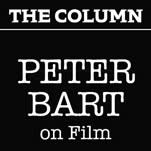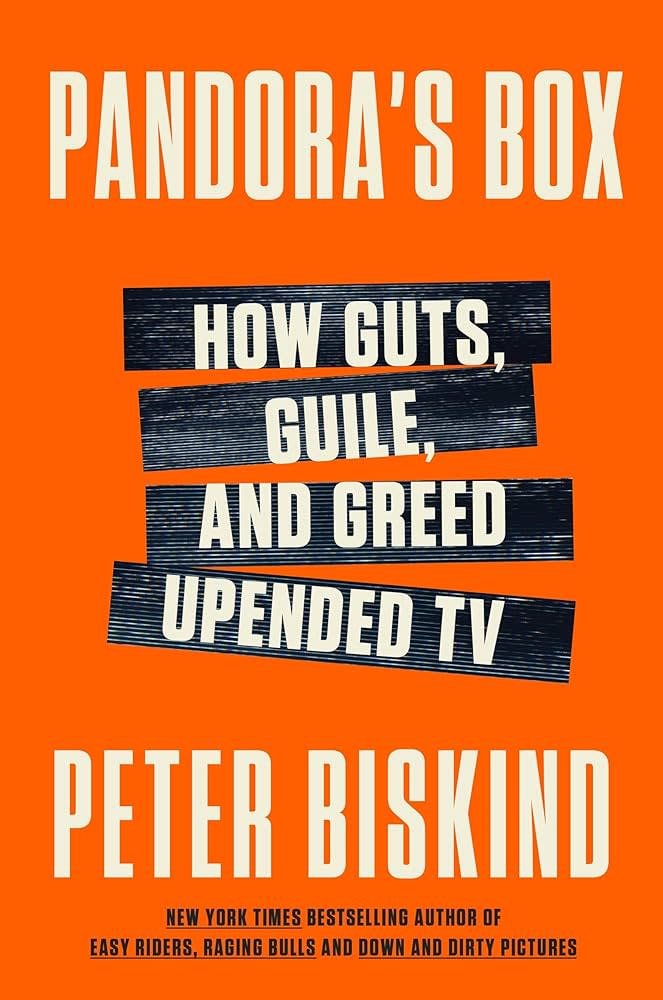Peter Bart: Hollywood Hopes A New Round Of “Fixes” Can Cure Its Malaise Rather Than Prolong The Pain


The consensus is clear: Hollywood feels it must pursue what Bob Iger tactfully (or ominously) calls “some fixes.”
The “fixes” post-strike hopefully will move beyond cutbacks and delays — we’ve already been absorbing their impact. Disney alone has cut 8,000 jobs and $7.5 billion in costs. High-profile movies ranging from Disney’s Snow White to Paramount’s Mission: Impossible 8 to Sony’s Spider-Verse have again been shoved back a year.
More from Deadline
More complex “fixes” already are hinted at: Netflix pledges a new approach on content – a “half as many but twice as good” mandate. Its viewers worldwide will be fascinated to see how that plays out.
Other major brands, too, are under scrutiny: The opening numbers for The Marvels dented that legacy. The HBO label once dominated the “for your consideration” ads, but this year’s ads will carry a pleading subtext: If you can’t “consider” it, at least find it.
For industry veterans, the pressure to “fix” and “re-imagine” is a rerun of that moment 30 years ago when Hollywood’s three most powerful players decided to assume personal leadership of that mission.

Steven Spielberg, David Geffen and Jeffrey Katzenberg announced creation of a new dream machine that would do everything differently: Even studio stages would be designed distinctively. Compensation formulas would be re-invented, as would the machinery of decision-making. The product itself would break new paths.
In their opening press conference, the Dream Team left out a few details: Where would it be built? Who would fund it? What content would it create?
For that matter, what would it be called?
While the media scoffed at this vagueness, I found it admirable. The seers of show business weren’t going to give away their secrets or lecture the community on its backwardness. They were simply going to do it all right.
I remember Spielberg meticulously explaining to me why Hollywood’s stages had been ineptly designed and how he would fix them. The problem: He never got around to building his new studio and never even found his ideal location.
He ended up back on the Universal lot, where he’d started as a kid.
To be sure, DreamWorks ultimately turned out a program of movies and animation and even won some Oscars (American Beauty, Shrek), but it never mounted its wave of innovation. Of the three founders, only Spielberg still makes movies. Geffen’s focus is art and Katzenberg’s is politics.

Given the appetite for “fixes,” can Hollywood somehow stumble upon a new golden age, or at least a period of renewed profitability? Inevitably, Peter Biskind, who chronicled the bountiful era of the 1970s in his book Easy Riders, Raging Bulls, has come forth with a new book dealing with the streaming malaise.
Titled Pandora’s Box: How Guts, Guile and Greed Upended TV, the book tracks, among other things, the demise of HBO mythology (how could Tony Soprano have become Ted Lasso?). Biskind quotes Michael Fuchs, the first HBO president, declaring, “HBO died at fifty. There’s no longer an HBO.”
He also cites John Landgraf of FX propounding that, “You don’t make art by throwing money at it.”
In reviewing the new tracts on pop culture, Michael Schulman of The New Yorker observes: “We used to say that 21st century TV was like the 19th century novel – instead of staring at the idiot box we were then communing with Dickens or Zola. At some point that stopped seeming true.”
Perhaps it never happened.
Best of Deadline
2023 Premiere Dates For New & Returning Series On Broadcast, Cable & Streaming
Cillian Murphy To Receive Palm Springs Film Festival's Actor Award
2023-24 Awards Season Calendar - Dates For Oscars, Emmys, Grammys, Tonys, Guilds & More
Sign up for Deadline's Newsletter. For the latest news, follow us on Facebook, Twitter, and Instagram.


